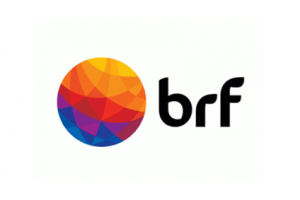 The Department of Trade and Industry (DTI) is asking exporters to venture into multitrillion-dollar business of halal, as it remains to be one of the least affected sectors in the time of Covid-19.
The Department of Trade and Industry (DTI) is asking exporters to venture into multitrillion-dollar business of halal, as it remains to be one of the least affected sectors in the time of Covid-19.
In a speech on Tuesday, Trade Secretary Ramon M. Lopez said his agency is working on programs and projects to promote the country’s halal products to Islamic nations. Under the new normal, he argued people will be looking for healthy food alternatives, and halal may be one of the bright prospects in that category.
As such, he called on micro, small and medium enterprises (MSMEs) to consider entering the halal industry, which grew over 5 percent last year to $2.2 trillion on strong demand from the 1.8 billion Muslim consumers worldwide.
Citing a report from Indonesian Inventure Knowledge, a consultancy firm, Lopez said concerns over the risks of contracting the virus have resulted in buyers patronizing halal food items. He added the United Kingdom-based Halal Monitoring Committee reported an increase in demand for halal meat at the heat of the Covid-19 pandemic.
“It’s also important to note that the halal food sector was one of the sectors least affected by the health crisis, alongside halal pharmaceutical and media sectors,” Lopez explained.
According to Lopez, the DTI is working on possible cooperation with Indonesia and Malaysia for the export of Philippine halal products. Likewise, the agency is making an interactive mobile application to increase the awareness of consumers about the halal readiness of stores and restaurants in the country.
Emulating the progress made by Malaysia, Indonesia, Singapore and Thailand, the Philippines may have its own software that can be downloaded on the phone by which users can identify if a store or restaurant is certified as halal, making it easier especially for Muslim tourists to navigate the archipelago.
The trade chief also disclosed the DTI is reviewing applications to expand the network of halal certifying bodies in the Philippines. At present, the country has 10 halal certification groups that are permitted to assess products and particularly food.
“That’s why we need to develop and expand the reach of Philippine halal certified products for major Islamic markets by training our halal certification bodies on applicable ISO standard and market requirements,” Lopez said.
“This will ensure producers, manufacturers and providers of halal products, processes and services are compliant with national as well as international standards. Ultimately, this will push our MSMEs to become competitive and export ready producers, manufacturers and providers of halal certified products and services,” he added.



